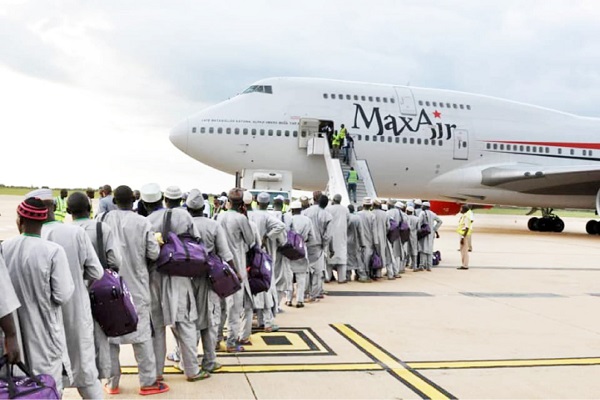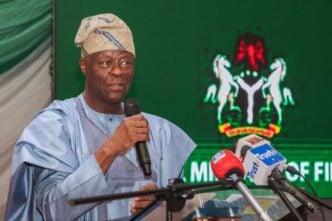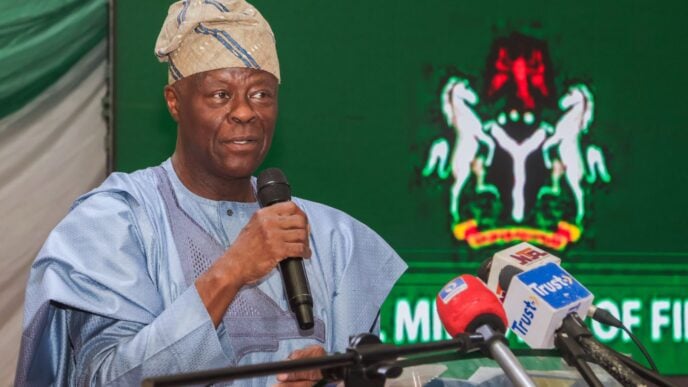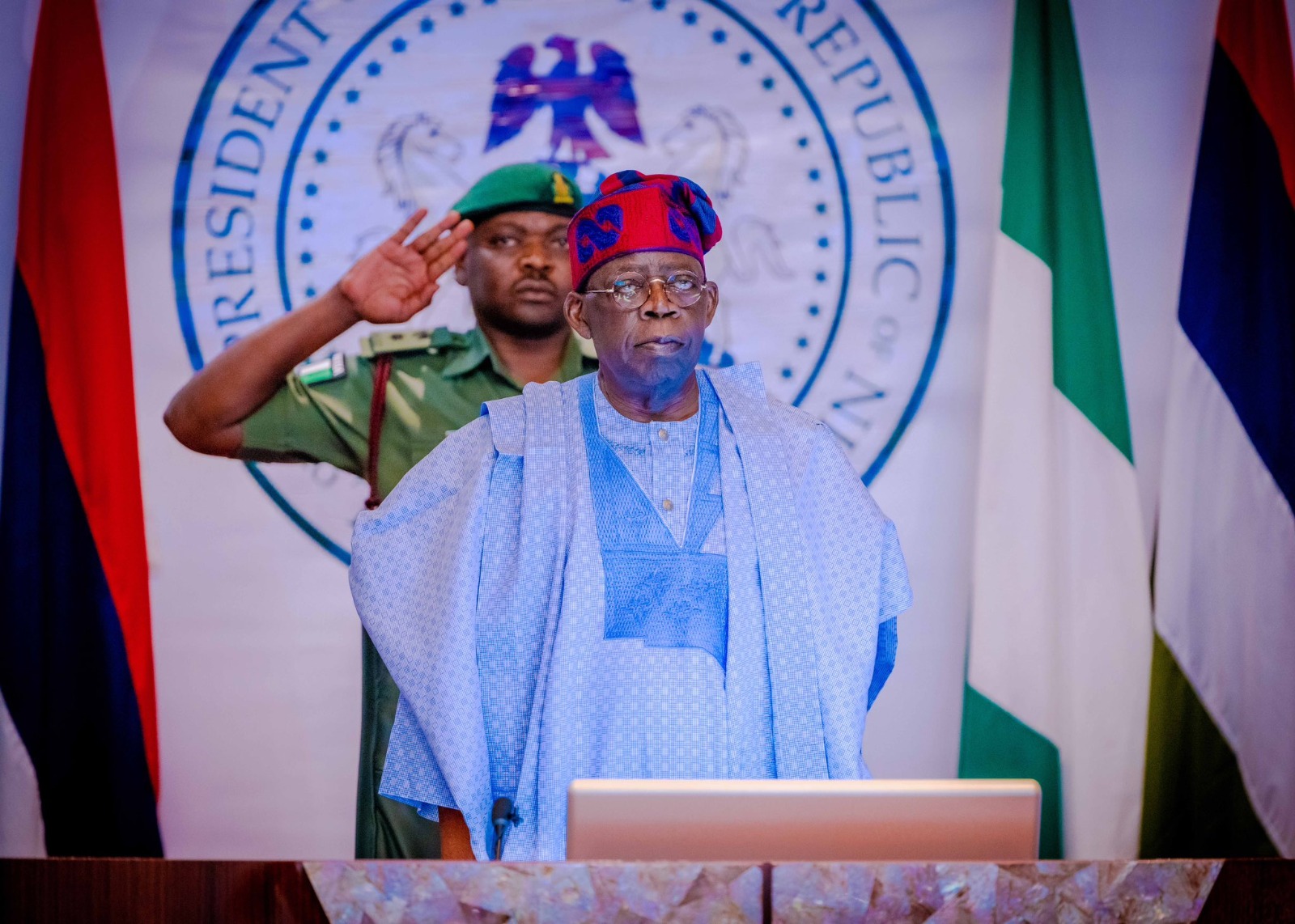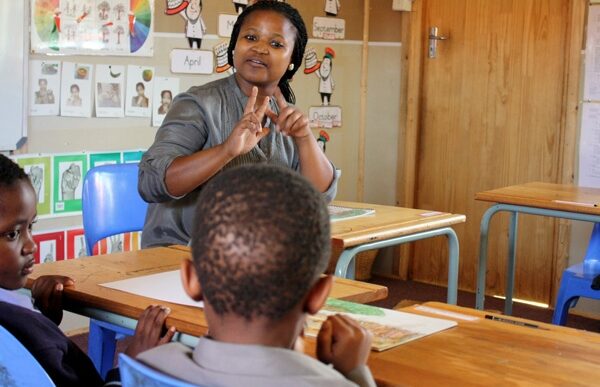File photo of hajj pilgrims from Nigeria
The National Hajj Commission of Nigeria (NAHCON) says Saudi Arabia has reduced the country’s allocation for the 2026 hajj to 66,910 slots.
In a statement on Thursday, Fatima Usara, NAHCON’s deputy director of information and public relations, said the figure was reserved on the NUSUK Masar portal by Saudi authorities due to Nigeria’s underutilisation of its 95,000 slots in 2025.
Usara said Anofiu Elegushi, NAHCON commissioner of operations, announced the development during a meeting with officials of state pilgrims’ welfare boards.
“The implication of this is that while 95,000 slots were allocated to Nigeria, the actual number that can participate in the 2026 Hajj is 51,513 for states and all other officials, while 15,397 will go to licensed tour operators,” the statement reads.
Advertisement
“It was revealed that Saudi Arabia reduced Nigeria’s camp slots to this figure of 66,910 on the portal due to underutilisation of slots in the previous year.”
Usara quoted Elegushi as saying that allocations for each state in the 2026 hajj would be determined by their level of utilisation in 2025.
‘HEALTH REGULATIONS MUST BE STRICTLY OBSERVED’
Advertisement
Saidu Dumbulwa, NAHCON board member representing the ministry of health, reiterated that Saudi Arabia had introduced stricter health requirements for intending pilgrims.
Dumbulwa said individuals with conditions such as organ failure, psychiatric or neurological disorders, and dementia would not be permitted entry into the kingdom.
He listed other restricted conditions to include pregnancy, tuberculosis, active cancer under chemotherapy, and other communicable diseases.
According to him, the measures are meant to curb disease transmission, reduce mortality, and ease the pressure on Saudi Arabia’s health system during the pilgrimage.
Advertisement
He said medical screening for intending pilgrims would henceforth be carried out only in designated hospitals.
He added that only approved officials of integrity would be authorised to sign medical certificates, which would be countersigned by a state’s chief medical director to prevent forgery.
“The commission emphasised that visa issuance will now be tied to verified medical certificates at the point of entry,” Dumbulwa said.
“Hence, all health regulations must be strictly observed, as any violation will hold Nigeria collectively accountable.”
Advertisement
In a related development, Aliu AbdulRazak, NAHCON commissioner in charge of policy, personnel management and finance, said the commission had secured approval to remit states’ funds to the Central Bank of Nigeria (CBN) regularly.
He said Abdullahi Usman, NAHCON chairman, approved the move to enable the commission take advantage of favourable exchange rates as remittances arrive from the states.
Advertisement
Adetona Adedeji, the CBN representative on the NAHCON board, said he would present the commission’s request to the apex bank on reducing the two percent charge on pilgrims’ transactions.
The NAHCON chairman said efforts are ongoing to negotiate lower costs for services such as cargo handling to ease the financial burden on pilgrims.
Advertisement
He added that service providers’ rates would not be arbitrarily cut to ensure that the quality of services remains intact.
Usman directed states to submit the number of registered pilgrims to confirm if the figures align with NAHCON’s projections.
Advertisement
He reminded the states of the December 21 deadline for remittances and advised them to set earlier internal cut-off dates to ensure compliance.
“To ensure timely payments, NAHCON will embark on nationwide sensitisation for states and pilgrims to highlight the urgency of meeting the deadline,” he said.
Usman also announced that this year’s hajj will adopt the international luggage standard, allowing each pilgrim two 23 kg checked bags and one backpack as hand luggage.
